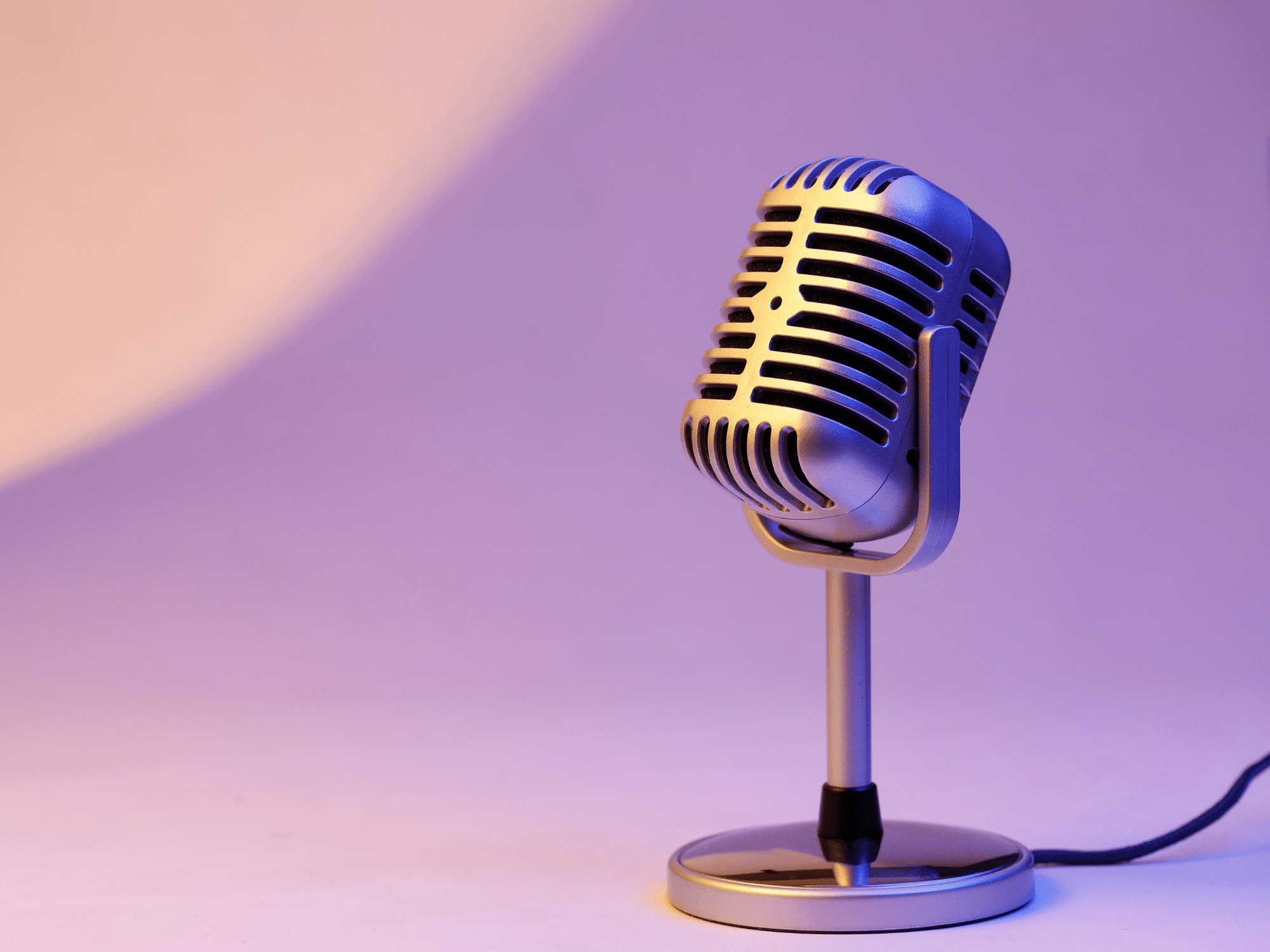Job Interview: Talk is Silver, Silence is Golden

If you talk too much in a job interview, you’ll shoot yourself in the foot. How to get the important information across in just a few words.
By Pamela Wolf, February 2023
This article was originally written in German.
Some people talk a lot but say nothing. That doesn’t go down well with employers. We often see that candidates ruin their chances of landing their dream job by giving too much information during the interview.
Too much information: Why is that problematic in the job interview?
Less is more. Here are a few reasons why it pays to get to the point in the interview:
- If you talk a lot and say little, you quickly give your interviewer the impression that he or she is unstructured and can’t prioritize properly.
Of course it is important to answer critical questions honestly. But: If you answer in too much detail, you wake sleeping dogs and virtually invite your counterpart to ask unpleasant questions. - Too much information can also lead to (apparent) contradictions in one’s own story. This damages credibility. And in case of doubt, the choice then tends to fall on another, more credible person.
- If you talk a lot, you water down what is important with empty phrases. In other words, the important messages are lost in the noise of irrelevance.The more unnecessary words, the greater the risk that what is said will be misunderstood.
- If you talk a lot, you risk not letting the other person have his or her say. And listening is an important skill in the job interview.
Why do people get so carried away talking?
There are various reasons why candidates talk their heads off:
- Nervousness. It’s part of the job interview, and a certain amount of stage fright can make us perform at our best and stay absolutely focused. At the same time, it can also cause us to try to talk away the nervousness … and talk, talk, talk.
- Honesty at all costs. Of course, candor and authenticity are important in an interview. But the conviction that you have to reveal everything about yourself in the shortest possible time is not very helpful in the interview and often leads to an overload of information.
- A lot does not necessarily help a lot. Of course you want to show your best side in the job interview and tell your interviewer as much positive information about yourself as possible. This is also basically correct – but can lead to you achieving the exact opposite with empty self-marketing slogans.
- The feel-good “trap”. Have you ever felt so comfortable in an interview that you momentarily forgot which setting you were in? In principle, this is a good prerequisite – but it can also lead to chatter.
How to get to the heart of the matter
There’s a fine balance between self-marketing, factual precision and personal insight. Dosing information, focusing on the essentials and still selling yourself well – that’s the fine art. Here are seven tips on how to pull it off:
- Prepare yourself
Preparation is everything. Before the interview, think about what questions your counterpart might ask. Come up with meaningful answers on topics such as your career history, your motivation for the job, your strengths and weaknesses, how you work, and what you expect from the job. From your answers, filter out the essence that you want to convey to your counterpart. Feel free to take notes ahead of time. - Answer the question
Many applicants get tangled up in all sorts of information when answering simple questions – only the question itself ends up unanswered. Keep your answers as specific and precise as possible. So if your interviewer asks you about your strengths, weaknesses, or career history, answer succinctly – and then keep quiet for now. - Practice
Admittedly: You have to endure the silence that follows a short answer. Especially when the other person doesn’t say anything for a moment, it’s tempting to fill the silence with additional information. The good news is that you can practice answering concisely and precisely. In your everyday life, make a point of keeping your answers as short and concise as possible. Or practice the specific situation of the job interview with someone you trust. - Have the courage to reflect
Feel free to ponder your answers for a moment. Many people believe that such a pause in the interview makes them look insecure or incompetent. The opposite is true. It shows your counterpart that you are not just talking, but thinking before you say something. - Listen
The interview is not only about presenting yourself as well as possible, but also about learning as much as possible about the potential future job, the team, the employer and the company culture. Therefore, always let your interviewer finish, ask questions and listen carefully. - Pay attention to your counterpart
“Talking too much” – what does that even mean? Generally speaking, it can be said that after listening for about 20 seconds, most people’s concentration wanes. But that’s a very rough definition. What is a pleasant conversation for some is already “talking too much” for others. However, you can easily tell where you stand by the reaction of your counterpart. Questions such as “Does that answer your question?” also clarify the situation and show that you are interested in a genuine dialog. - Hang in there until the end
Your interview went successfully, your future employer expresses interest and sympathy. However, especially when the stress at the end of a successful interview subsides, there is a great danger of getting into yakking. Don’t do it! The last impression is just as important as the first. Therefore: Pull off your confident appearance until you are on the bus home.
We wish all applicants good luck and a cool head!
What experiences have you had in interviews – as an applicant or in recruiting? Let us know in a comment!

